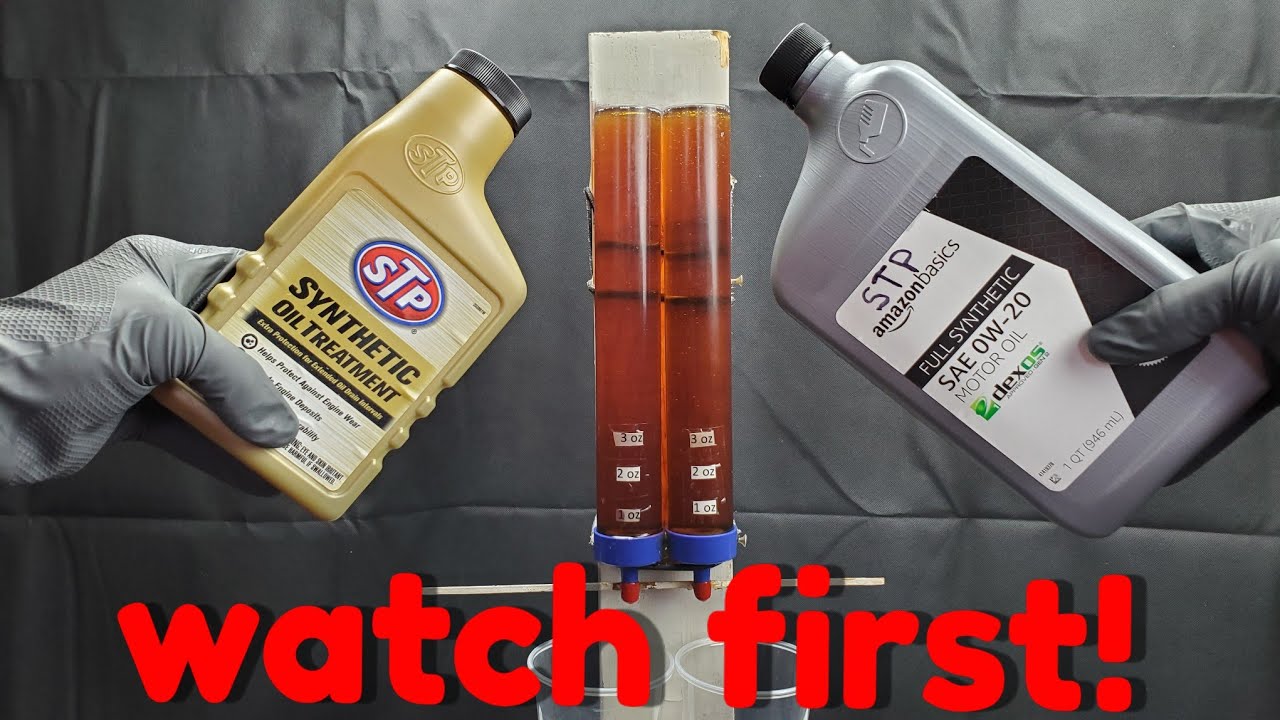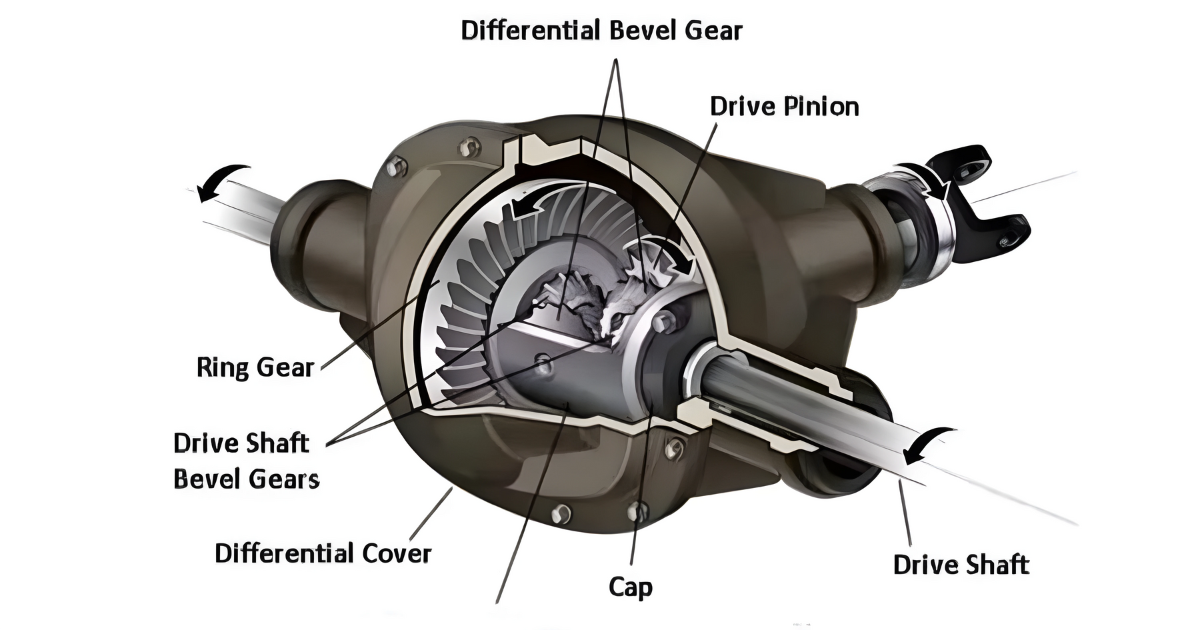Fuel additives have been a subject of debate among car enthusiasts and mechanics for years. Some swear by them, claiming improved performance and fuel efficiency, while others remain skeptical, questioning their effectiveness. So, do fuel additives really work in your car? Let’s delve into the topic to find out more.
Modern Fuel Injection Systems and Additives

Modern fuel injection systems have evolved significantly over the years, with gasoline direct injection (GDI) engines becoming increasingly popular. GDI engines, which inject fuel directly into the combustion chamber, can cause carbon buildup, leading to reduced engine performance and fuel efficiency.
To address this issue, modern fuel injection cleaning systems have emerged as a viable solution. These systems work by injecting a cleaning agent into the fuel system, breaking down carbon deposits and restoring engine performance. These cleaning systems are more effective than older fuel additives, which may not be suitable for modern engines.
The Ethanol Factor

One of the reasons older fuel additives may not be effective today is the presence of up to 10% ethanol in modern gasoline. This ethanol content can cause corrosion in fuel systems, leading to long-term damage.
To combat this issue, some fuel additives now include corrosion inhibitors to protect the system from ethanol and gasoline. Using additives that contain polyetheramine (PEA), a nitrogen-based cleaner that is particularly effective for GDI engines where carbon buildup often occurs.
Popular Fuel Additives: Seafoam vs. Gumout

Seafoam is a popular fuel additive, originally designed for two-stroke outboard motor engines, which require oil in the gas. However, it may not be ideal for modern four-stroke engines using gasoline with ethanol. It is recommended to use Gumout, which contains PEA and corrosion inhibitors, to effectively clean GDI engines and protect them from ethanol-related damage.
Testing and Verifying Additive Effectiveness

One practical way to determine the effectiveness of fuel additives is to use a borescope to inspect engine components before and after using a fuel cleaner. This method allows you to visually see the results of using fuel additives.
Conclusion
In conclusion, the effectiveness of fuel additives largely depends on the type of additive and the specific requirements of your car’s fuel system. For modern cars with ethanol-containing gasoline and GDI systems, additives like Gumout with PEA may offer benefits.
However, it’s always a good idea to consult your car’s manual and consider professional advice before using any fuel additives. Additionally, verifying the results with a borescope can provide a tangible way to assess the impact of additives on your engine’s cleanliness.




